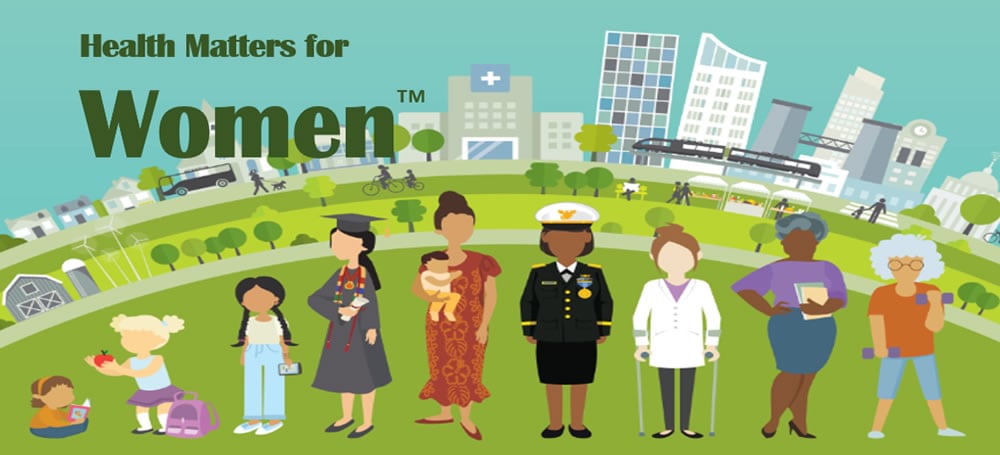Health Matters for Women Newsletter

May 2024
Let’s Make Lupus Visible!
Lupus is sometimes considered an “invisible illness” because its symptoms can be hard for others to recognize. CDC and partners are working to make lupus visible. We do this by raising awareness about lupus during Lupus Awareness Month in May and year-round. Read on to learn more about lupus and share this information in your community.
Celebrating Women’s Health Week!
National Women’s Health Week starts each year on Mother’s Day. This health observance encourages women and girls to make their health a priority. This year’s theme is dedicated to empowering women to take charge of their health journeys and shining a light on health issues unique to women.
Cigarette Smoking Among Pregnant Women During the Perinatal Period: Prevalence and Health Care Provider Inquiries — Pregnancy Risk Assessment Monitoring System, United States, 2021
Cigarette smoking has wide-ranging adverse health consequences, and when it occurs during pregnancy there are increased risks of pregnancy complications and adverse outcomes for infants. Data from the 2021 Pregnancy Risk Assessment Monitoring System were analyzed to estimate the prevalence of smoking before, during, and after pregnancy; quitting smoking during pregnancy; and whether health care providers asked about cigarette smoking before, during, and after pregnancy among women with a recent live birth.
Subscribe to Health Matters for Women Newsletter
Interested in women’s health issues and research? Sign up to receive Health Matters for Women, a monthly e-newsletter that provides information on what is happening in women’s health around CDC and other agencies.
Enter your email below to sign up.
Enter your email to sign up for free to Health Matters for Women.
June Question of the Month
Question: ___ is the best known risk factor for Alzheimer’s disease.
Correct answer: Age
Source: Scientists do not yet fully understand what causes Alzheimer’s disease. There likely is not a single cause but rather several factors that can affect each person differently. Age is the best known risk factor for Alzheimer’s disease. Learn more: What is Alzheimer’s Disease? | CDC

